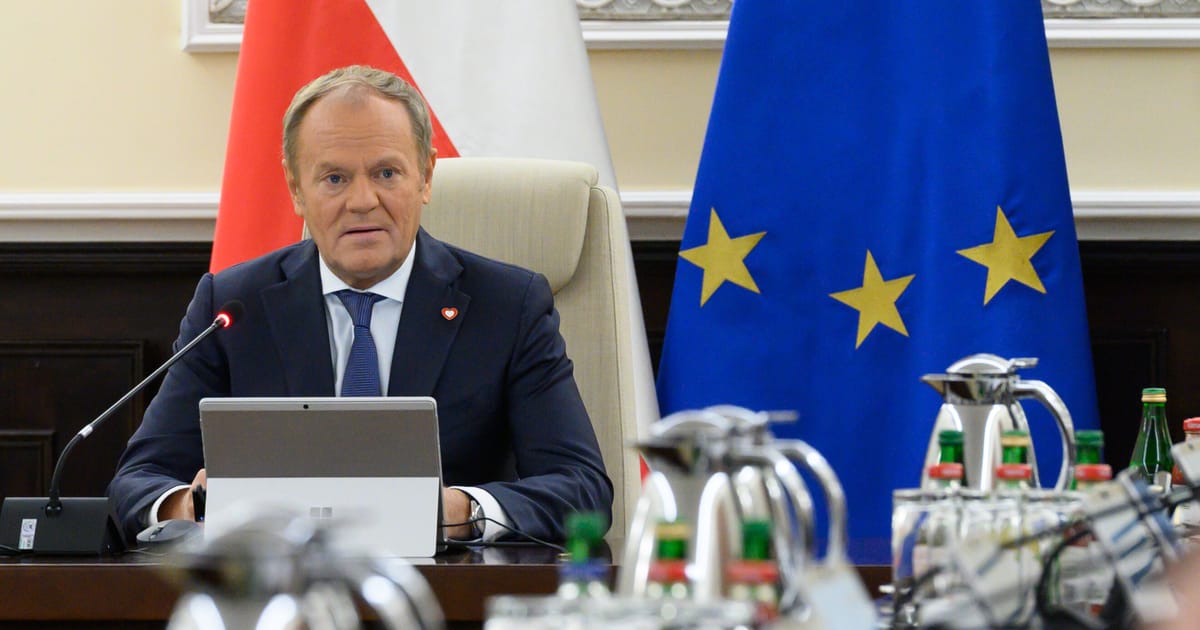The European Commission had previously announced on Tuesday which EU countries will be eligible for assistance in dealing with migration pressure, and which countries will be exempt from helping out as part of an EU Solidarity Pool.
It said that Poland — as well as Austria, Bulgaria, Croatia, Czechia and Estonia — face significant migratory pressure and could request exemptions from the Solidarity Pool, which requires that member states accept a quota of asylum seekers, pay for each person they decline to take in, or offer another form of assistance.
“As I said, Poland will not take in migrants under the Migration Pact. Nor will we pay for it. The decision has been made. We don’t talk, we act,” Prime Minister Donald Tusk wrote on X Tuesday evening.
The Polish government called the Commission’s plan a “major success,” saying Warsaw had lobbied for months to be recognized as among the countries facing “very serious migratory situations.”
“Our partners [in the EU] know it very well, we’re subject to a very big migration pressure and … we must not face any more commitments,” government spokesman Adam Szłapka said at a Wednesday press briefing.
The Commission’s annual migration assessment, released Nov. 10, found that irregular crossings into the EU were 35 percent lower in the July 2024 to June 2025 period compared to the previous 12 months. Still, several EU states continue to face sustained pressure from irregular arrivals and what Brussels describes as the “weaponisation of migration” by Russia and Belarus.

